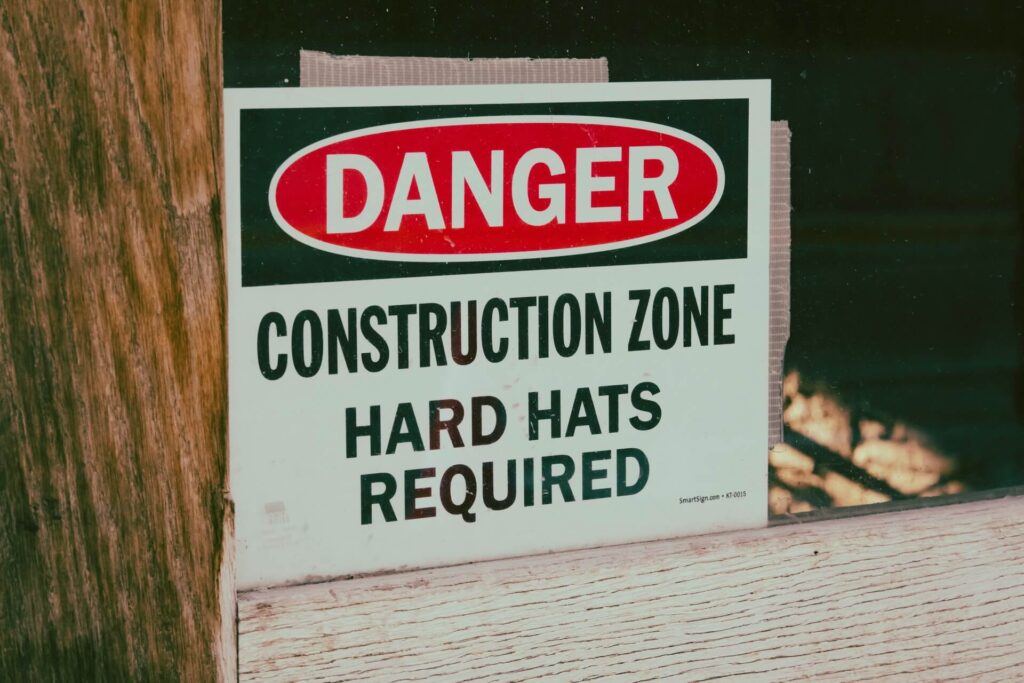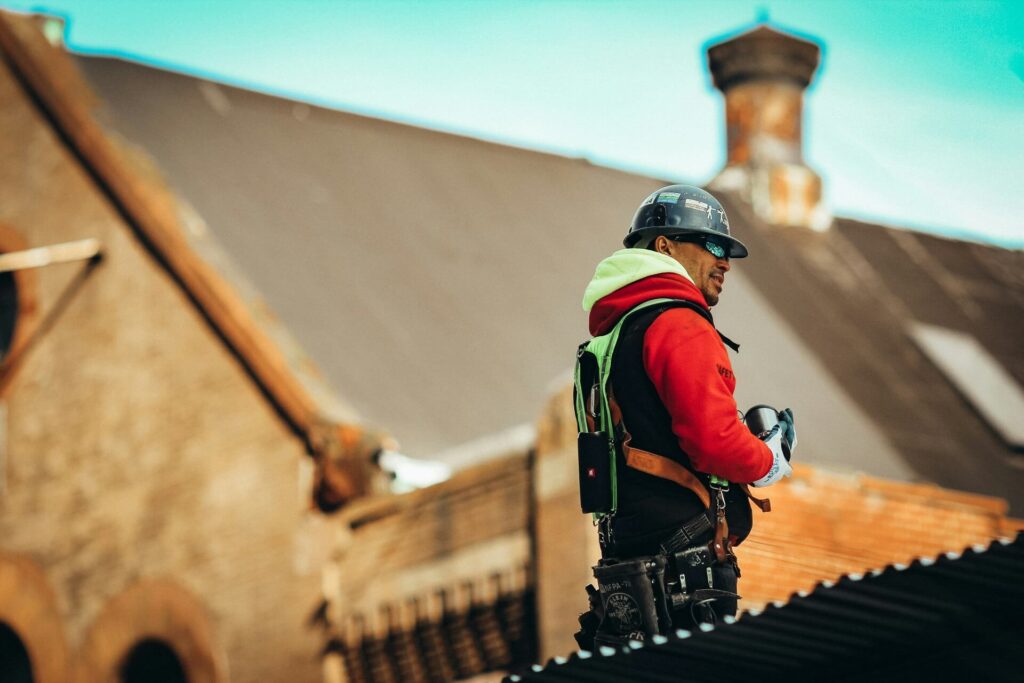
We are reader-supported. When you buy through links on our site, we may earn an affiliate commission.
Construction is a welcoming industry. You can get employed without a formal education and learn on the job. However, finishing relevant construction training programs is as important as gaining experience. Each one you complete allows you to step on a higher rung of the corporate ladder, opening more doors to earn more and obtain a more prestigious title.
Consider these six training programs to enhance your construction knowledge and resume.
1. Construction Ready PLUS
Construction Ready PLUS is a 15-week curriculum reserved for Construction Ready’s preapprenticeship program graduates who have been working for at least 90 days. It allows you to gain more advanced credentials to accelerate your skill development and career. The Home Depot Foundation sponsors trainees, so you pay nothing to learn.
The caveat is that Construction Ready only holds in-person classes in multiple cities across Georgia. If you live elsewhere, you may have to move to the Peach State and find a local job while you finish your training.
The standard of living in Georgia could be better. The state’s minimum hourly rate is $5.15, while the weather can be hot and muggy. You can save 18% on housing if you live outside of Atlanta, but the average commute time of people using public transportation is 53 minutes.
On the bright side, employers nationwide recognize Construction Ready’s construction training programs. After graduation, you can move out of the state with a higher market value.
2. Columbia University’s Construction Management Specialization Program

Columbia University offers a five-course program to help you specialize in construction management and land a leadership role in the industry more quickly. It covers significant facets of the topic, including project initiation and planning, scheduling, cost estimating and control, financials, and the latest trends.
The program instructor is Dr. Ibrahim Odeh, a faculty member at the university’s Department of Civil Engineering and Engineering Mechanics. He’s also the director of research and founder of the Global Leaders in Construction Management initiative.
The Ivy League school is in New York City, but you don’t have to relocate to the Big Apple to attend classes. Dr. Odeh teaches this construction training program through Coursera. The courses have flexible schedules, so you can learn at your own pace, have more control over your education and experience less stress.
This specialization requires no prior work experience but builds on the foundational skills developed in the Google Project Management Professional Certificate. Therefore, completing a Google Career Certificate before applying for this program is helpful.
3. OSHA 30-Hour Training
The OSHA — Occupational Safety and Health Administration — sets workplace safety and health standards in the construction industry. The OSHA card proves you can manage occupational hazards accordingly to prevent costly work-related accidents.

Take this program after completing the OSHA 10-hour training for entry-level workers. OSHA 30-hour training is suitable for employees with safety roles, such as site supervisors and forepersons.
OSHA authorizes third parties to instruct construction workers instead of directly training them. Check the agency’s official list of OSHA Training Institute Educational Centers to find a reliable place to satisfy the requirements for the OSHA 30 card.
Some safety training centers are fraudulent. They work with brokers to find workers wanting OSHA cards within days, overnight or same day for hundreds of dollars. Carrying a counterfeit safety certification can put you in hot water and endanger your life and those working with you.
4. NCCER’s Construction Foreman Certification
This online training program from the NCCER — National Center for Construction Education and Research — helps you gain the qualifications for the leadership role of a foreman. This certification consists of five courses designed to hone critical skills for supervising your crew, driving productivity while ensuring quality, creating a safety culture and promoting clear communication.

The NCCER Construction Foreman Certification is flexible. You can take courses in any order and choose from self-paced, facilitator-led, and hybrid training models.
Each course has practical and actionable lessons developed by seasoned construction industry experts. You can evaluate your learning progress by answering questions after every lesson, preparing you for the rigorous assessment at the end of the program.
5. NCCER’s Construction Superintendent Certification
This construction training program is for you if your employer is grooming you to be a superintendent. It shortens the learning curve associated with this leadership role.
The NCCER Construction Superintendent Certification has 16 courses, covering procurement, cost control, scheduling, site logistics, work planning, resource management, project closeout and many other crucial topics. By the time you finish this program, you’ll be more capable of overcoming challenges in the field, managing people and being an effective project steward.
This program is mobile-friendly, so you can take it anytime, anywhere. It can be self-paced or facilitator-led. The facilitator training model can be in-person or virtual.
Although this certification has education requirements, you can undergo training without a bachelor’s degree in construction management. A high school diploma is enough if you have at least four years of experience in the industry.
6. Johns Hopkins University’s Sustainable Cities Specialization Program
This Coursera construction training program is suitable for architects, engineers and builders seeking to advance their knowledge of green construction. The industry is heading toward sustainability due to increasing regulatory pressure, so earning this career certificate from Johns Hopkins University can help future-proof your career.
Four courses comprise this specialization program, covering key topics about sustainable cities. You’ll learn about green building construction principles, architectural designs leveraging an area’s climate, construction materials, culture, and history, strategies for reclaiming vacant properties, components making up sustainable neighborhoods, and more.
Dr. William Roper, a visiting professor at the Johns Hopkins University Whiting School of Engineering, is the program instructor. He’s also the founder and director of an engineering and environmental consulting firm in Virginia.
It would take you 10 hours weekly to complete this specialization program in four weeks. It has a flexible schedule and is available in 21 languages, which is helpful if you’re not a native English speaker.
Move up the Career Ladder With These Construction Training Programs
Enrolling in most of these programs costs money, but your employer may be willing to sponsor your continuing education in exchange for staying in the company for the foreseeable future. Take the initiative to invest in yourself and unlock new paths for career advancement without spending a penny.







